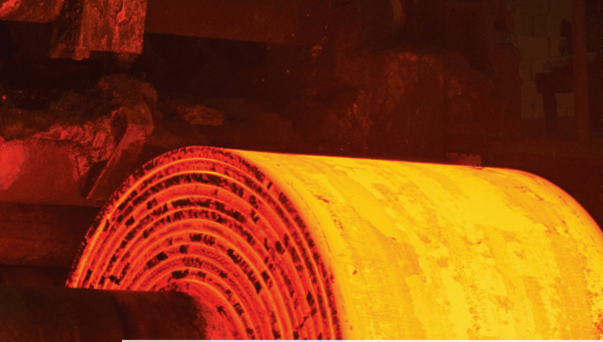South Korea asked Mexico about a measure related to the transitional imposition on steel imports under the World Trade Organization (WTO).
Since 2015, the Mexican government has been imposing an adjusted tariff on steel products imported from countries that do not have Free Trade Agreements (FTA) with Mexico.
Already, the tariff has been extended many times, which is inconsistent with the previous announcement that it would be imposed temporarily, according to South Korea.
In addition, there has been a surprise tariff increase to 15% in November 2021, contrary to the previously announced plan to impose 10% in 2022, 5% in 2023 and 0% in 2024 and successive years.
So South Korea asked this question: could Mexico explain the reason for the revocation of the tariff plan and reconfirm its future tariff plan?
Steel imports
Mexico’s response: The modification of the dates of the measure has the effect of establishing favorable conditions for the recovery of the Mexican steel industry in an adverse context of the global economy derived from the effects of the pandemic caused by the SARS-CoV-2 (Covid-19) virus, which is estimated to have caused a 3.2% drop in the global economy in 2020.
Among the steel producing companies in Mexico are Ternium Mexico, Grupo Villacero, Altos Hornos de Mexico, DeAcero, Industrias CH, AcerlorMittal Mexico and Grupo Simec.
However, South Korea concentrates its steel production in three companies: POSCO, Hyundai Steel Company and Dongkuk Steel Mill Co, Ltd.
According to the Organization for Economic Co-operation and Development (OECD), global crude steel production has declined sharply by 2022 as global steel demand contracts.
The destruction of steel facilities in Ukraine has led to a collapse in steel production, while rising energy prices have caused widespread plant shutdowns and production stoppages, especially in Europe.
Although steel companies’ financial results had improved in 2021, steel prices have recently plummeted more than raw material prices, which is putting pressure on steel companies’ margins.
This adds to unresolved structural issues, with OECD data showing that continued growth in global steel capacity will increase in 2022 for the fourth consecutive year, contributing to market imbalances and lower capacity utilization rates in many countries.
![]()

